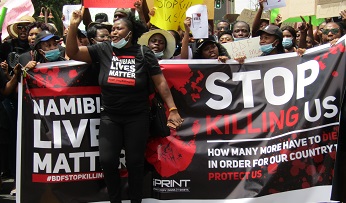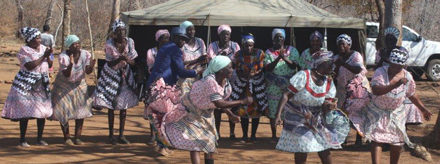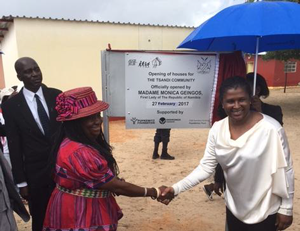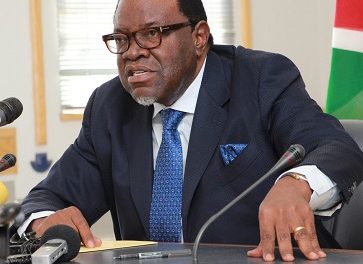
Youth organisations unpack the rise of gender violence

During November, the International Peace Youth Group (IPYG) joined hands with local youth in creating a virtual platform to unpack the rise of sexual gender-based violence (SGBV) at the wake of the 16 days of activism against women and children awareness campaign.
Since early October, hundreds of demonstrators have taken to the streets of Windhoek, Namibia in protest against sexual gender-based violence and femicide.
According to the Police Gender-based Violence Protection Unit, about 200 cases of domestic violence were reported in Windhoek monthly since December 2018. The report also added that 32% of adolescent girls aged between 15 and 19 and 35% of young girls aged 20- 24 have experienced physical violence from a partner.
Discussing on the root cause of gender-based violence (GBV), Chief Executive Officer of Grownreach Dr Shirley Magazi noted that a lack of moral education, broken family structures and a lack of male role models for our young men economic disparity are some of the key causes of GBV.
“We need to address the role of the father, the model of manhood, looking again at the role of the male child in the family. It starts at the family level, how we treat our boy child and girl child,” said Dr Shirley Magazi.
Speaking on the impact of COVID 19, Steven Hagareib who is the Head of Programmes for the One Economy Foundation, a Section 21 non−profit organization founded by the First Lady of Namibia said, “What COVID has done is amplified the existing fault lines in our society. The violence that was there, COVID 19 just provided a conducive environment. You find the programs that were supposed to help or provided support were closed or unavailable during the national lockdown.”
According to research by United Nations High Commissioner for Refugees (UNHCR), gender-based violence is deeply rooted in discriminatory cultural beliefs and attitudes that perpetuate inequality and powerlessness. Women and girls living in poverty are more vulnerable to sexual exploitation, including trafficking.
To solve the grassroots of the culture of violence that is rampant in society, IPYG is advocating for the implementation of peace education in schools. Peace education provides a fundamental approach as culture is something we can unlearn and replace with something that is more beneficial to our communities.
Since the Covid-19 pandemic, IPYG has worked to engage and educate youth from across the region on various issues that affect young people. From June, the peace organization has held virtual, informative classrooms covering topics such as supporting peace-building initiatives on social media, human rights violations in South Africa and Zimbabwe as well as unpacking sexual violence in Malawi.
Through sensitizing the Southern Africa youth on the matters that are plaguing the region, IPYG hopes to empower the youth to be impactful change drivers.











































